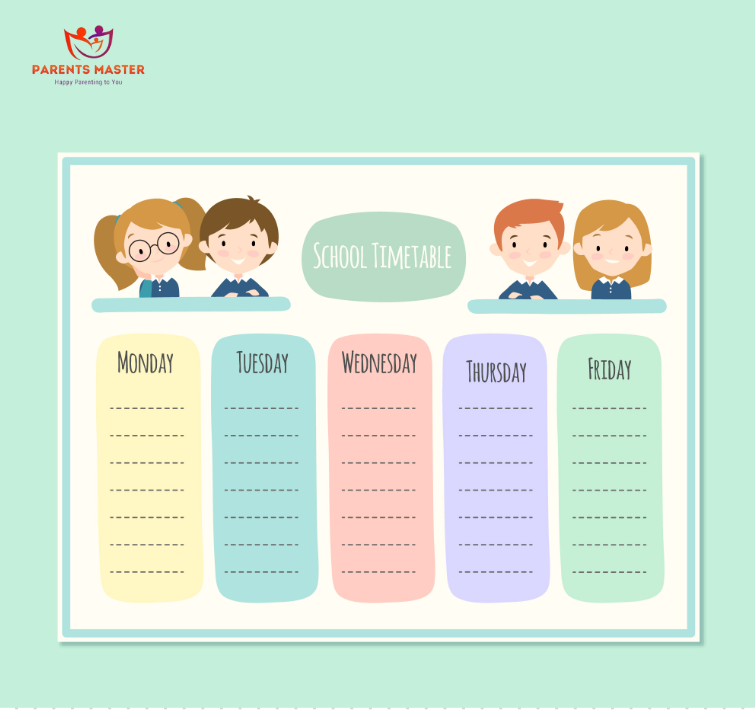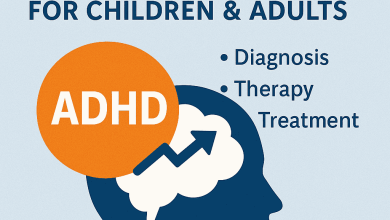
Your kid’s admission to a reputable school for a healthcare degree must have made you immensely proud. It may seem like you can rest easy now as your kid is on the right track for a promising future. But the hard work and struggle do not end here, as you need to ensure a Positive Learning Environment at home.
Every healthcare degree requires a lot of hard work and dedication. It will require your commitment to education on top of your kid’s determination. Therefore, you will have to aid your kid by providing every necessary resource available to help them pursue their degree. Especially now that everyone is confined to their homes and students have to study online, requirements for fruitful learning are constantly increasing.
For example, even the most essential resources include providing your kid with a good laptop and a reliable internet connection. But when it comes to challenging educational programs such as healthcare, you have to take little extra steps to aid your kid in their pursuit of higher education. Some steps you can take are:
1. Set up a designated learning space
Children are having a hard time taking classes at home. They miss that learning environment that helped them become more productive. There are already enough distractions at home, and your business and noise don’t do them any favors. To help your children, you must create a unique productive space according to their preferences. Having a designated study corner for classes and study time helps them focus.
For example, you can set up a soft board on top of their study desk to make and stick visual notes. Then, suppose your kid is pursuing a degree in health education and studying a complicated topic, such as the importance of global health. They can create visual charts to aid their learning.
Apart from that, try to minimize distractions. If you have a spare room available, then set up their study corner in that room so that they don’t have the distractions of their belongings. Limit your TV and audio speaker usage during the study period, and try to make minimum noises. If these steps aren’t possible, then settle with buying noise-cancellation headphones for them to wear.
2. Maintain a daily schedule

Another aspect of education that children miss due to the pandemic is the set-up routine. Routine plays a significant role in preparing a mindset for education. For this reason, schools and universities follow a set routine for classes that conditions their minds to learn during those hours actively.
On the contrary, a lack of routine makes it hard to focus and learn anything fruitful. It is because your brain doesn’t absorb information as actively as it would during a specific time of the day. Therefore, maintain a routine for the sake of your child’s learning, and help them stay active and focused during the study hours every day.
Read Also:
3. Encourage time management and goal-setting
Education is teamwork that involves your active participation. While you may not play a role during classes, you still have to enforce time management schedules to help your children study. For example, you can take up responsibilities such as ensuring they maintain a strict study schedule.
Apart from that, you can motivate your children by helping their educational goals. For example, you can set weekly goals to complete chapter reading and note-taking for specific tasks. If they achieve these goals, celebrate them by giving them a small treat.
There is no denying that healthcare education is exceptionally challenging due to little to no interactive learning. But you can solve that issue by creating a list of people who can provide a ground experience that will aid your child’s studies. For example, suppose you know any healthcare worker. In that case, you can arrange a shadowing program that can teach your kid practical healthcare work responsibilities, etc.
4. Give their brain a break
Standing on their side like a death guard while studying is not the best method to motivate them to learn. Admittedly, healthcare education is very challenging, but your kid is smart enough to understand these things. If you talk to them, you might discover that they possibly experience stress due to home learning and educational pressure.
Your job as a parent is to ease their minds and take care of their mental health by giving them the breaks they won’t take by themselves. You can arrange small activities, such as make them accompany you for a walk in the park. This bonding session and a break away from the screen can help them ground themselves and freshen their mind. It will increase productivity and focus once they sit down to study again.
5. Build motivation
It is not odd to lose motivation to study and work during these times. But that is when your duty as a parent starts. You must help your child feel motivated to study and get productive again. You can do that by encouraging them to work mildly and loudly, observing their progress. These techniques work well when the routine feels extremely monotonous, and your child loses the aspect of progress. You can help them recognize their progress by setting goals and recognizing their small achievements.
6. Teach them self-control and organizational skills
If your child is exceptionally bright, they may lack self-control. While their commitment to hard work is plausible, it can become borderline obsessiveness, harming their mental health. Therefore, teach your kids self-control by knowing when to take a break and step back.
For example, if your kid has been working all day to complete their assignment, make them take breaks for food and naps. Teach them that it is alright to prioritize yourself and take the necessary breaks to recover your energy. Because otherwise, they may experience an eventual burnout that may affect their health and studies.
You must also teach your kid organizational skills. Organizational skills help in many aspects. For example, it helps them maintain a clean and accessible study space that reduces distractions. Apart from that, their organizational skills can effectively help them manage studies, assignments, and note-taking tasks. These skills can help them polish their abilities and achieve the best results.
Conclusion
You can only achieve the best results if you and your child work as a team together. You have to play the role of mediator, grounding them to reality and helping them work hard when necessary. At the same time, your child has the responsibility to learn and prepare for their future. Taking these steps can help you create a positive and productive learning environment in the home, which can help your kid progress by leaps and bounds.




